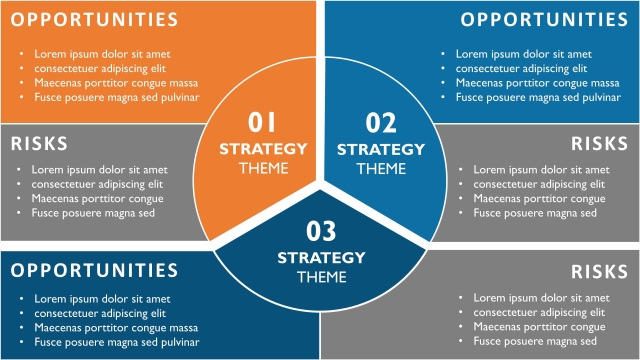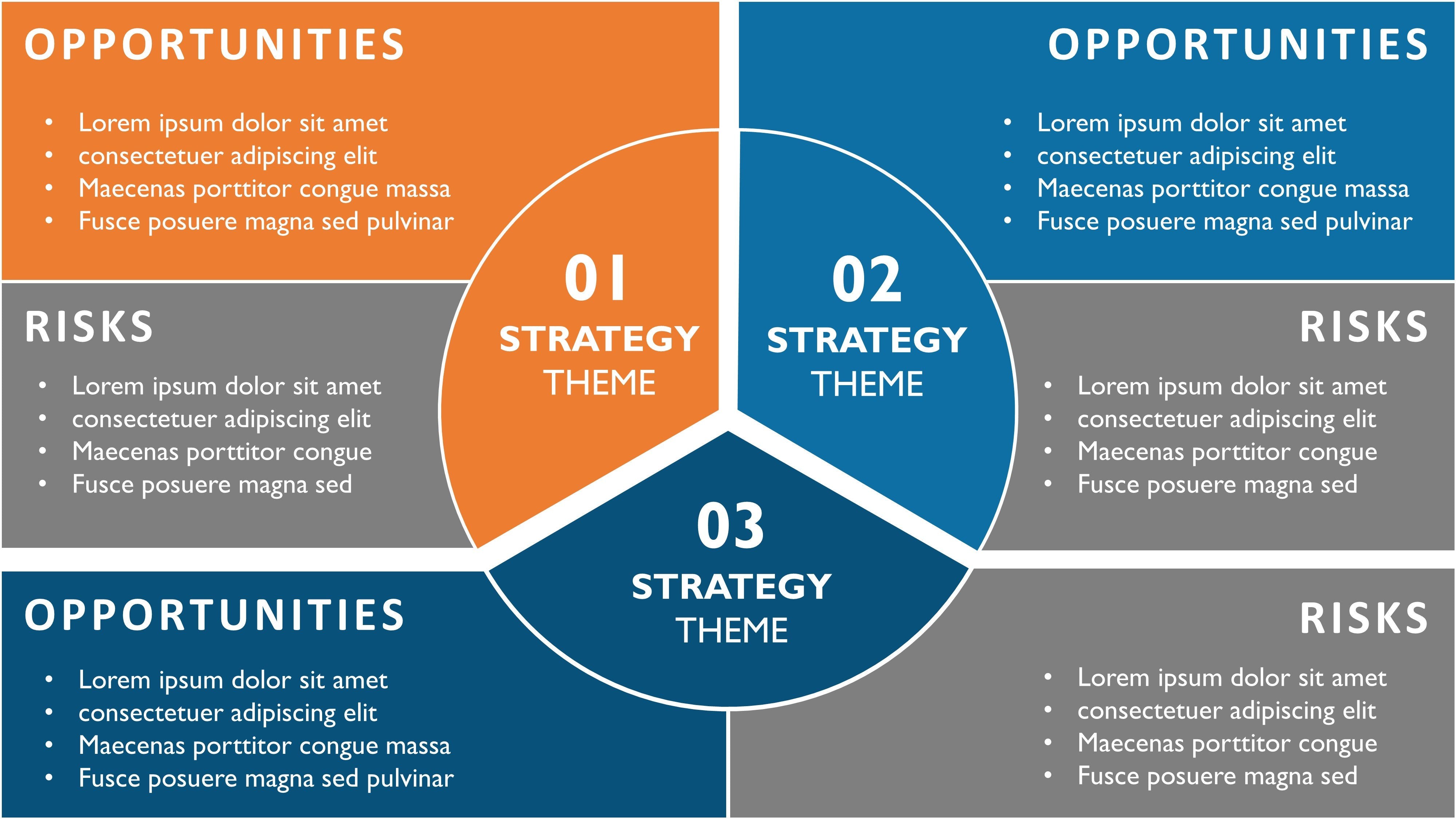Unleashing Success: Mastering the Art of Business Strategy
Joe Howard -
In the dynamic world of business, a solid strategy can be the driving force behind success. Effective business strategy not only provides a roadmap for achieving goals, but also helps create a competitive advantage in the market. Whether you’re a seasoned entrepreneur or just starting out, understanding the art of business strategy is crucial to thrive in today’s ever-evolving industry landscape.
At its core, business strategy encompasses the decisions and actions that an organization takes to achieve its objectives. It involves analyzing market trends, identifying opportunities and risks, and formulating a plan that aligns resources and capabilities with long-term goals. A well-crafted business strategy lays the foundation for sustainable growth, enabling businesses to adapt to changing market conditions, stay ahead of the competition, and seize new opportunities.
The art of mastering business strategy lies in the ability to think strategically, envision the future, and make informed decisions that lead to desirable outcomes. It requires a deep understanding of the industry, customers, and competitors, coupled with the agility to adapt and innovate. Successful business strategists possess a blend of analytical thinking, creativity, and leadership skills, enabling them to navigate challenges, capitalize on trends, and drive organizational growth.
In this article, we will delve into the intricacies of business strategy, exploring key concepts, proven methodologies, and real-world examples. Whether you’re looking to fine-tune your existing strategy or develop a new one from scratch, this comprehensive guide will equip you with the knowledge and insights needed to unleash success in the world of business strategy. So, grab a notebook and let’s dive into the world of strategic thinking and decision-making!
Understanding Business Strategy
Business strategy is a fundamental aspect of any successful enterprise. It helps organizations navigate the complex and dynamic marketplace, enabling them to achieve their goals and stay ahead of the competition. By formulating a clear and comprehensive business strategy, companies can effectively allocate resources, identify opportunities, and make informed decisions to drive growth and success.
At its core, business strategy involves defining the long-term vision and objectives of an organization. It provides a roadmap for how the company will achieve its goals and outlines the steps needed to reach its desired future state. A well-defined business strategy considers various factors, such as market analysis, customer needs, competitive landscape, and internal capabilities, to create a framework for sustainable and profitable growth.
One key aspect of business strategy is understanding the external environment in which a company operates. This involves analyzing market trends, identifying potential risks and opportunities, and assessing the competitive landscape. By gaining a deep understanding of their industry and market dynamics, companies can position themselves strategically to capitalize on emerging trends and gain a competitive edge.
Another crucial element of business strategy is aligning internal capabilities and resources with organizational goals. This requires assessing the company’s strengths and weaknesses, identifying areas for improvement, and optimizing resource allocation. By leveraging their core competencies and efficiently utilizing resources, companies can enhance their competitive advantage and achieve higher levels of performance.
In conclusion, business strategy is the foundation for long-term success in the corporate world. It provides a roadmap for organizations to navigate the complexities of the market, exploit opportunities, and overcome challenges. By understanding the external environment and aligning internal capabilities, companies can position themselves for growth and ensure their continued relevance in an ever-evolving business landscape.
Developing a Winning Strategy

In the world of business, having a well-crafted strategy is essential for success. A winning strategy acts as a roadmap that guides a company towards its goals and objectives. Without a clear strategy in place, a business can easily lose its way and become susceptible to market uncertainties and fierce competition. Therefore, developing a winning strategy is crucial for any organization looking to thrive in today’s dynamic business landscape.
The first step in developing a winning strategy is defining your purpose and understanding your market. A deep understanding of your target audience, their needs, and preferences will allow you to tailor your strategy to effectively meet their expectations. By conducting thorough market research and analysis, you can identify gaps, trends, and opportunities that will enable you to position your business uniquely.
Once you have a clear understanding of your market, the next vital aspect is setting achievable goals and objectives. These goals should be specific, measurable, attainable, relevant, and time-bound (SMART). By setting SMART goals, you provide a framework that helps you stay focused and measure your progress effectively. Breaking down your goals into smaller milestones can also help maintain momentum and ensure continuous growth.
In addition to defining goals, crafting a competitive advantage is crucial for developing a winning strategy. Understanding your business’s strengths and weaknesses, as well as recognizing competitive threats and opportunities, enables you to differentiate yourself in the market. Leveraging your unique strengths and addressing any weaknesses will help your business stand out and attract customers in a meaningful way.
By following these steps, you are well on your way to developing a winning strategy that can propel your business towards success. Remember, strategy development is an ongoing process, and it requires constant reassessment and adjustment to keep up with the ever-changing business landscape. Stay proactive, keep adapting, and watch as your business thrives by unleashing the power of a well-crafted business strategy.
Executing and Evaluating Strategy
In order to achieve success in business strategy, it is crucial to effectively execute and evaluate your plans. Execution involves putting your strategy into action and ensuring that it is implemented throughout the organization. This requires clear communication, alignment of goals, and proper allocation of resources.
Once your strategy is being executed, it is important to regularly evaluate its effectiveness. This involves measuring key performance indicators (KPIs), analyzing data, and gathering feedback from various stakeholders. Evaluating strategy allows you to identify any areas that need improvement or adjustment, and it helps you stay on track towards your goals.
One of the key factors in successful execution and evaluation of strategy is strong leadership. Leaders play a crucial role in guiding the implementation process, keeping the team motivated, and making necessary adjustments along the way. They should also foster a culture of continuous improvement, encouraging innovation and learning from past experiences.
By effectively executing and evaluating your business strategy, you can unleash the full potential of your organization and increase the likelihood of achieving long-term success. It is an ongoing process that requires dedication, adaptability, and a commitment to constant improvement. With a well-executed strategy and a robust evaluation system in place, you can navigate the ever-changing business landscape and stay ahead of the competition.
Archives
- January 2026
- December 2025
- November 2025
- October 2025
- September 2025
- August 2025
- July 2025
- June 2025
- May 2025
- April 2025
- March 2025
- February 2025
- January 2025
- December 2024
- March 2024
- February 2024
- January 2024
- December 2023
- November 2023
- October 2023
- September 2023
- August 2023
- July 2023
- June 2023
- May 2023
- April 2023
- March 2023
- February 2023
- January 2023
- December 2022
- November 2022
- October 2022
- September 2022
- August 2022
- July 2022
- June 2022
- May 2022
- April 2022
- March 2022
- February 2022
- January 2022
Calendar
| M | T | W | T | F | S | S |
|---|---|---|---|---|---|---|
| 1 | 2 | 3 | 4 | |||
| 5 | 6 | 7 | 8 | 9 | 10 | 11 |
| 12 | 13 | 14 | 15 | 16 | 17 | 18 |
| 19 | 20 | 21 | 22 | 23 | 24 | 25 |
| 26 | 27 | 28 | 29 | 30 | 31 | |